


"Let's rise by lifting others"




"Let's rise by lifting others"
1.2 Mission Organisation
Why?
The main goal of Solid is to fight poverty on a long term By empowering people and by fair employment we try to improve the living conditions of disadvantaged people in Peru, India & Kenya
How?
Socially responsible commercial enterprises and non-profit organisations join their forces in order to fight against poverty, in different parts of the world With these local enterprises Solid provides employment and a positive dynamism for the whole community Profits that will come out of these commercial activities will flow back to the nonprofit activities, in the future A perfect combination, because as such, extra help to the non-profit becomes unnecessary on the long run
Where?
Peru, Kenya & India
Peru - AyacuchoKenya - Kasigau corridorIndia - Ranchi -
The non-profit organisation Solid was founded in 2000 by Luc Verelst, who after his international construction and real estate career decided to give back to society Today, the next generation is running the organisation with efficiency, determination and a lot of compassion
Solid helps young people, women and families to grow a solid foundation for their own future! Solid provides the tools for empowerment for people in some of the poorer regions in Peru, India and Kenya All of this happens with special attention to personal social development and awareness of one ’ s own strengths and capabilities These tools are generated through employment in one of Solid's Crafts workshops, in an agricultural business or through social programs
All the profits generated in one of the enterprises will be invested into the social projects This way every client of Solid, in Solid Crafts or Solid Agriculture, contributes to a better world The full integration and interwovenness of social enterprises and non-profit projects is Solid’s trademark It reflects Solid’s entrepreneurial mindset and its unique business model
2000
Support of partners
(2000 - 2007)
Solid supports various Belgian social partners in their activities, in Belgium and abroad
2007
Rural programs (Peru)
(2007 - 2015)
Solid becomes an organisation with it's own projects and activities, at first only in Peru
All of the projects below are still active at present.
Dia (Peru)
Healthy families (Peru)
Social program for families
Social programs for teenage mothers
Montefino farm (Peru)
Manta (Peru)
Handknitting workshop
Solid Food (Peru)
Export of quinoa 2016 Present
*Full time equivalent
Training program rural youngsters
JOVEM (Peru) Present
Hadithi Crafts (Kenya)
Handwoven baskets
Paces Crafts (India)
Handicraft workshop
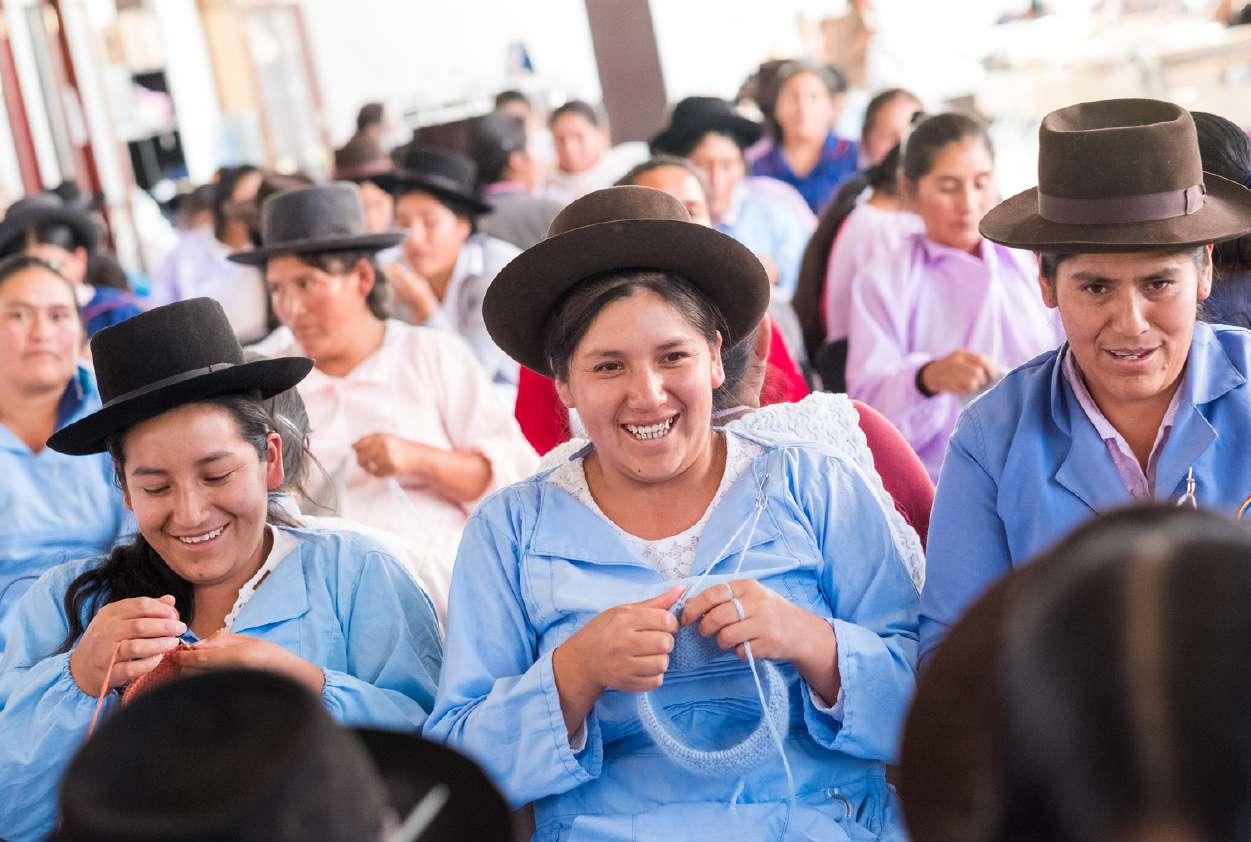
2.1.1 Peru
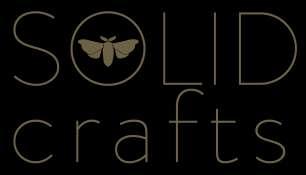
Manta is a sustainable knitting and crocheting workshop in the Peruvian Andes The workshop cooperates with the best alpaca yarn providers in Peru, who offer a wide variety of qualities and shades, guaranteeing international standards Next to alpaca, the most luxurious and finest fiber of Peru, Manta has access to high quality cotton, tencel, silk and highland sheep yarn
Manta is proud to produce a wide variety of high quality, custom-made knitting handicrafts for customers worldwide, such as headwear, mittens, scarves, sweaters, plaids, ponchos, gadgets and decorative objects But even more important, we create jobs for over 180 underprivileged women, of all age groups Manta values highly the empowerment of it's artisans, focusing on personal development and empowerment by providing social workshops on the workplace
Manta had 18 clients in 2019, compared to 13 in 2018 The biggest number of products still goes to Belgium (73%), although clients come from all over the world, Austria (14%), Canada (4%), France (4%), the Netherlands (1%), the USA, Peru, Brazil & Switzerland
26 500 Over pieces were made 99% Fashion 1% Deco
For 2019 Manta can report a revenue of 611000 USD However due to the high investment in staff, training, and social empowerment, and because of the fair wage policy, Manta is still not able to make profits
To become financially stronger Manta needs to obtain a bigger scale and become more cost-efficient
Manta will invest in the expansion of the hand machine park and the recruitment and training of more hand machine knitters For the hand-knitting of small accessories, Manta has been working together with women in rural communities In the future Manta will expand this production by creating small rural production hubs In Europe Solid Crafts is reaching out to find long term recurrent clients with higher volumes
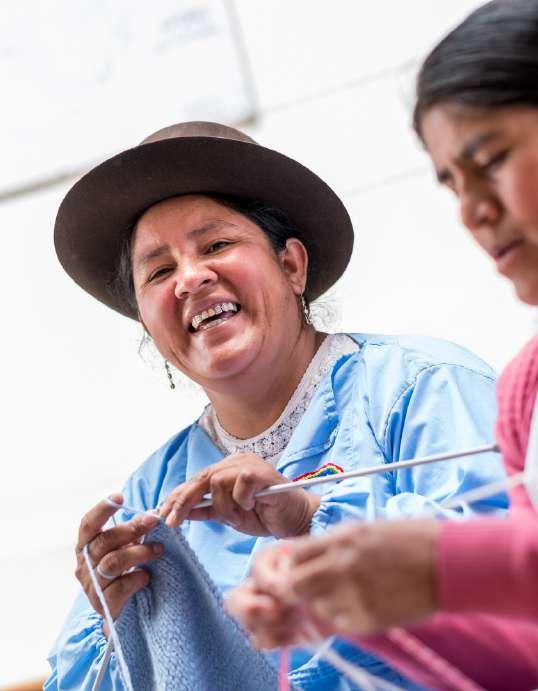
Manta is continuously working to improve operational processes Diminishing waiting lines for yarns and quality control, improving production flows and adjusting the IT systems for a more accurate production follow up
In 2019 a big training program was set up to strengthen a variety of production skills Knitters learned more about fine and chunky knits, different qualities of wool, embroidery and crochet techniques, etc Every knitter obtained a skill level

45 knitters passed from intermediate to the expert level, being faster and more skilled in hand or machine knitting
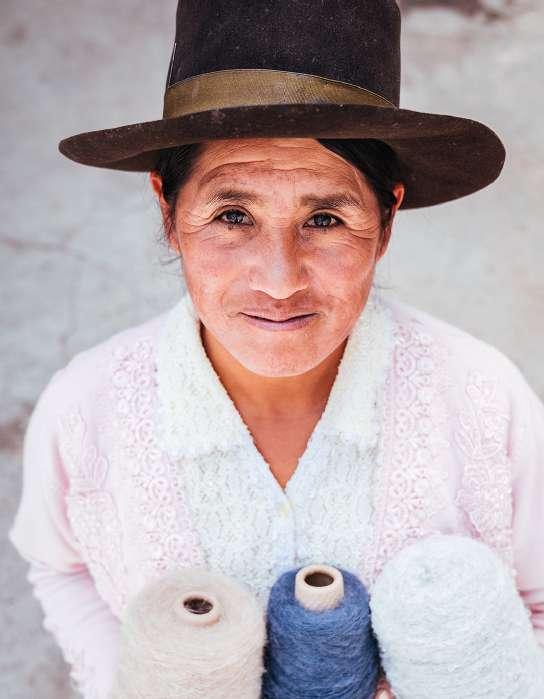
Manta is a Certified World Fair Trade Organisation, due to implementing intensively the related sustainability standards
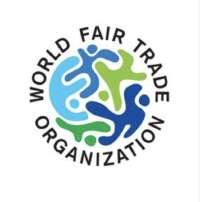
In 2019, intensive research was conducted concerning the fair wage payment policy for the knitting mothers - an important focus point for Solid Also the sustainability of the alpaca - yarn supply chain had been examined thoroughly
An in-depth analysis of setting up small scale impactful hubs of the knitting workshop in rural areas was carried out, with a view to future expansion of the Manta
Manta also works on the personal well-being of the knitting mothers through means of individual coaching and group sessions The coaching is based on two components, ie: personal well-being and health
In 2019, for health campaigns are been held, at the workplace, free of charge The focus was on eye sight, screening of breast cancer and diabetes There were lectures on oral hygiene, the use of contraceptives, healthy diet and respiratory diseases (as working with wool), raising awareness among knitters about the correct use of masks
63%
33% is a single mother has a husband and children
Individual sessions focused on:
Family violence
Well-being at work
Working on connecting communication
Personal health
Three times a week all the women participate in fun and dynamic gym classes at work, to prevent health problems, related to knitting
2019 has been a year of many changes and challenges, in which there was a closer collaboration between the social workers of our team and the production team Working together made our intervention more effective and better integrated in the production flow
The social area implemented new strategies to get better results in counseling, conflict management and goal setting
There were lots of activities around 'Keep on moving while knitting', 'Getting the workplace organised' and 'How to give feedback in times of stress' The team is still motivated and eager to continue contributing to the effort of Manta and it's knitters

Working with young, underprivileged, mothers, Solid choose to invest in a qualitative daycare service, next to the workshop, giving peace of mind to all the knitting mothers and providing a stimulating environment for their children
16 26
Babies (6-36 m) stayed in daycare, close to their working mom This service is provided by the government, in cooperation with Solid, free of charges.
Children (3 to 5 years old) get a preschool program at Manta, in cooperation with the government, free of charges.
Children (5 to 12 years old) benefited from homework classes at Solid
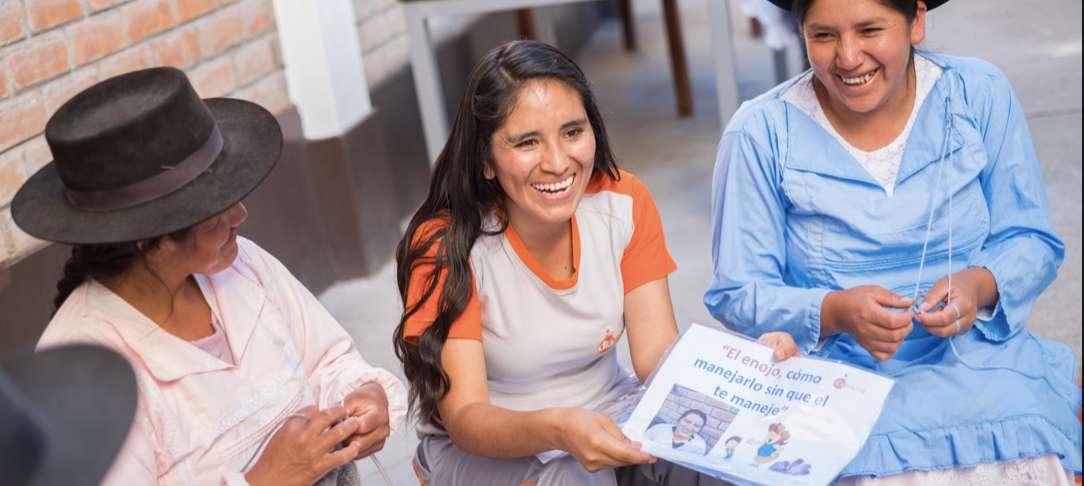
2.1.2 Kenya

Hadithi Crafts is based in South East Kenya, in the Kasigau region, located between the Tsavo East and West National Park Hadithi's handwoven baskets are a collection of traditional and contemporary colourful and natural sisal and palm leave baskets Hadithi means ' a story' in Swahili, because each basket tells the unique story of the powerful woman whose hands braided it What's more, every basket sold directly supports its creators and their families, ensuring a fair income and financial independence for Kenyan women in rural areas, where employment is scarce The sale of these baskets also provide a sustainable alternative to environmentally harmful practices like the poaching of wildlife and destruction of forests for charcoal, timber or farmland All of the profits from Hadithi's sales are used to offer support to local women ’ s groups and the conservation of wildlife and forests in south-eastern Kenya
Over 1406 women were involved in the basket weaving in 2019 These women were organised into 48 womens ' groups in the Kasigau corridor This is a 32% growth in artisans
Over 4286 hadithi baskets were sold through Solid, in 2019 All profits made, returned to the womens ' groups to help build community houses, organise training workshops and invest in quality control
In 2019 9 new groups of basket weavers, 312 women in total, were trained, very motivated to start earning an income The excisting women groups were strenghtened through different workshops on quality, colours and design The advanced knitters took home a poster, with all the information to improve their baskets This ongoing training was realised with the profits made in 2018 and with the support of AS Adventure
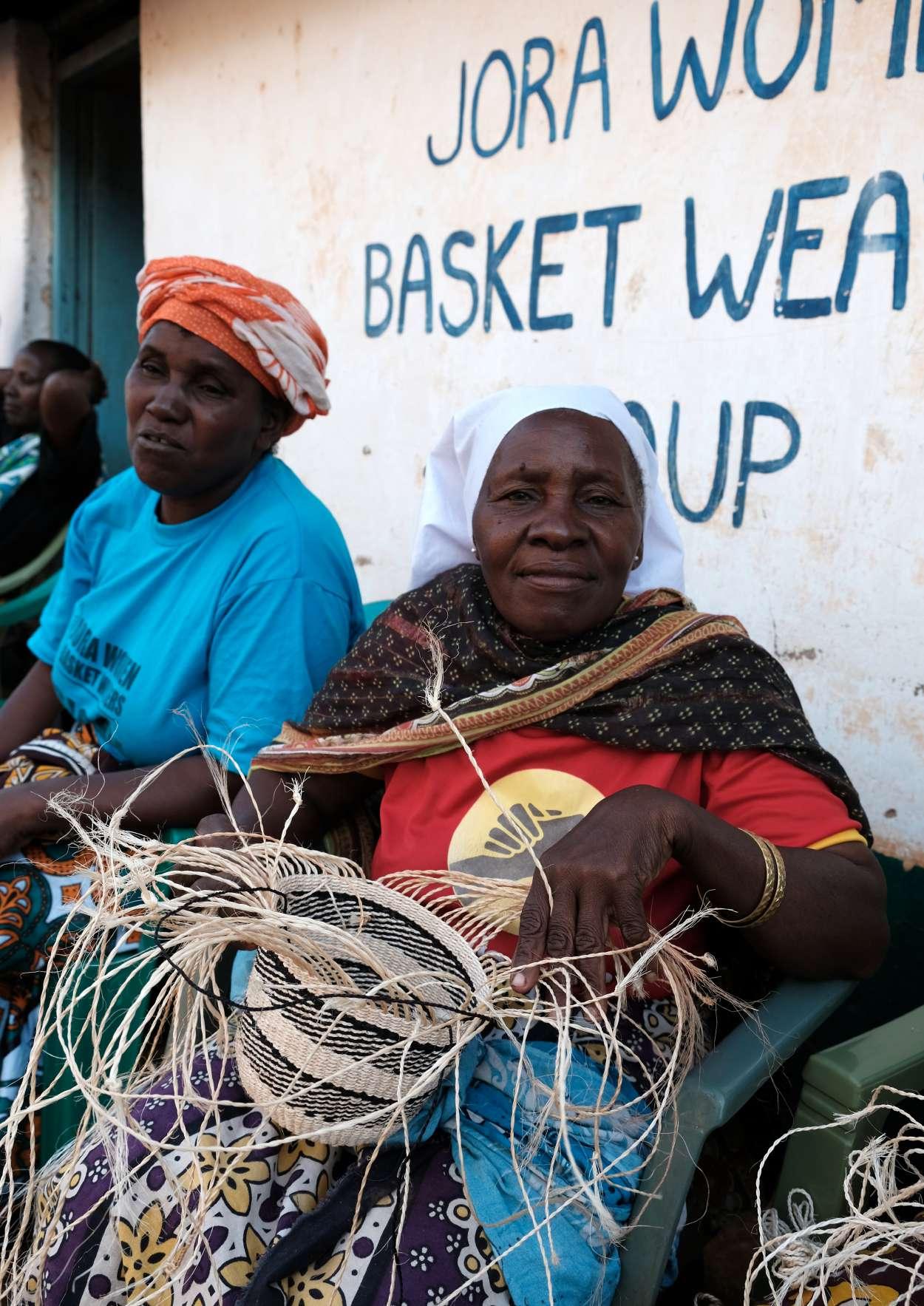

Paces Crafts is a hand-weaving workshop in the heart of India's northern region, Jharkhand, the second poorest state in India With Paces Crafts, Solid aims to provide a sustainable employment for tribal women living in rural area around the city of Ranchi By offering an honest income to these young women Solid wants to bring an alternative to human trafficking and the uncertainties and dangers of day laboring Paces Crafts offers a wide variety of handwoven and crocheted products, all custom-made With 40 employees and artisans, in 2018, Solid decided that growth was the only long term solution for Paces Crafts to become self-sustainable With the financial support of a grant obtained through the King Baudouin Foundation, a training program and growth plan was set out
In 2019 Paces Crafts counts 42 employees and artisans, 86% are women
In 2019 3012 pieces of clothing and other handmade products are made for our clients Paces Crafts went from 3 clients in fashion and 3 in deco to 9 clients in 2019
Because of our focus on the expansion, the production and sales level of Paces Crafts and Solid Crafts has been rather low A revenue of 59000€ was realised
2019 has been a crucial year for Paces Crafts A year in which funding from the Belgian government (DGD) was obtained, to expand the business and its social impact
Paces Crafts is proud to have been chosen (together with 6 others) out of 180 applicants
A year in which there was good karma: Paces has been gifted more than 60 new Swedish looms that have been successfully imported into India Believe us if we say that importing something like this into India is not effortless
Paces Crafts found a new larger building, closer to the city of Ranchi, by partnering with the Jesuiets Here the new looms have been partially set up
The steptones toward a bigger scale are taken In 2020 the focus will be on expanding the labour force by training new ladies into the craft of weaving The salesstrategy will be redefined in order to make the salesvolume grow

The DGD grant was given to Solid after a thorough corporate social responsibility (CSR) screening and a financial audit This CSR report gave the company an overview of areas of improvement towards sustainability All kind of monitoring systems to gather information and data were set up, in 2019 Another step towards improving practices Another point of improvement were policies on sustainable procurement, environmental impact, health and safety at work, etc Throughout the year 2019 these were implemented
In 2019 Paces Crafts organised a participative "Why" workshop, together with artisans and employees, reflecting on belonging and what working at the workshop meant to them, sharing stories to develop the “Why” of the company
With the help of 2 international volunteers, weekly English classes were organised for all artisans
In 2019 the homebrand, Bombyx, was further developed The collection ‘Tales of India’ embraces all kinds of home deco objects made from recycled sarees and exclusive, handwoven scarfs in peace silk and wool The sales goal was to sell directly to retailers in Europe and directly to the customer (B2C), through our own website The first steps have been taken but this needs to be intensified in 2020
“Children’s Rights Day” was celebrated with all employees, artisans and children, to raise awareness on children's rights
Childcare was provided throughout 2019 for all children of artisans under 5 years old After introducing this new practice, uncommon in India, all 6 mothers at Paces Crafts made use of the service
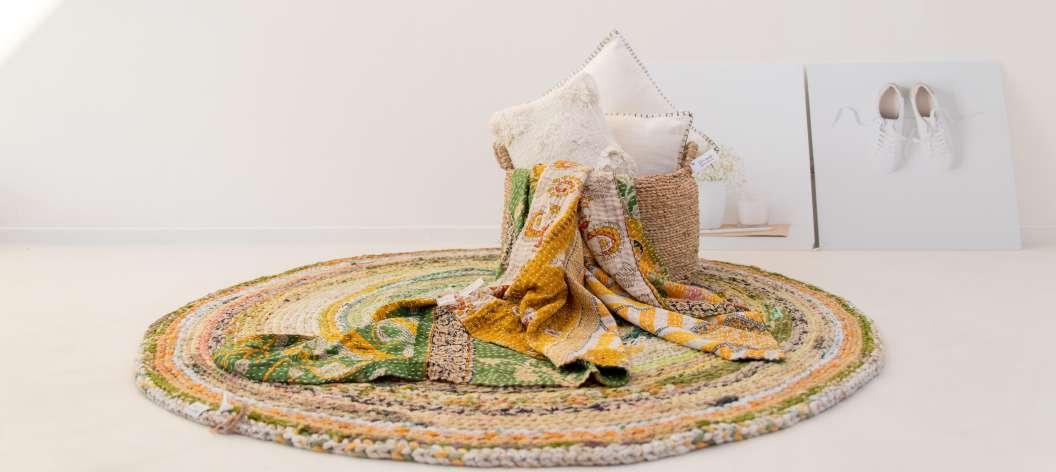
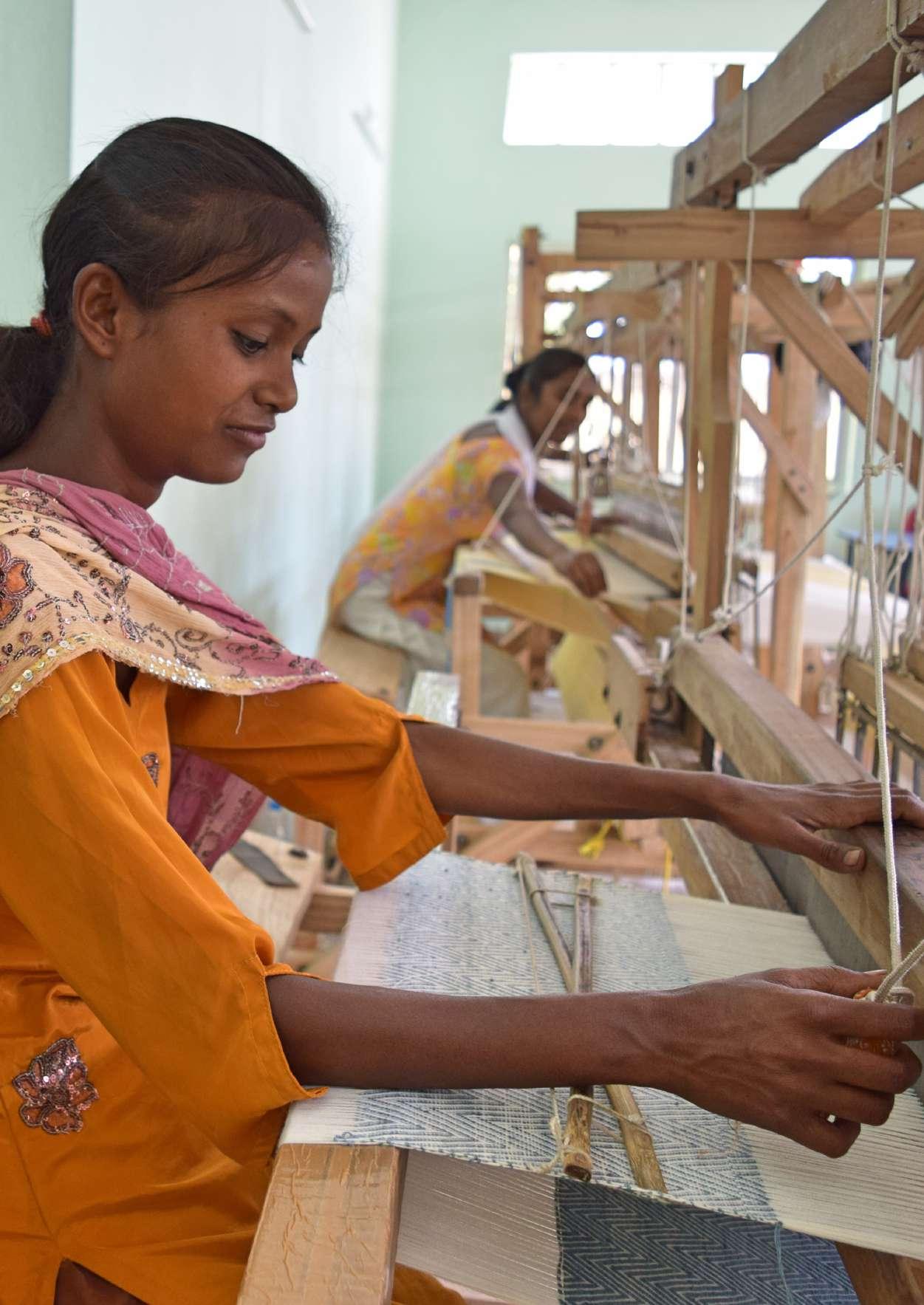
Quinoa can be considered, "the mother of grains" Even the Incas were certain of it With its mark of " super food", quinoa conquers the world On top, quinoa is not just full of vitamins, it’s also one of the most water-footprint friendly grains on the planet At Solid Food, we honor the tradition and the origin of this precious seed Indeed, technically quinoa is a seed and not a grain Our quinoa is produced strictly in the very heart of Peru, Ayacucho by local farmers Solid food builds on the foundations made by Solid rural, since 2007 Solid rural has a long working relation with quinoa farmers, in the rural areas around Ayacucho, training and assisting them on their fields on a day-to-day basis for many years, helping them improve their agricultural business to become self-sufficient and consequently improve their social living conditions
Since 2016 Solid Food brings this (organic) Peruvian quinoa directly to the Western market Solid Food is a spin-off of Solid that commercializes the products honestly, ensuring a clear profit to the local farmer The program was developed for and in close collaboration with the farming families There is still a big focus on capacity building and an intensive, sustainable and long-term cooperation with the farmers themselves
In 2019 there is a cooperation with around 300 quinoa farmers, a strong growth compared to 2018
A new shareholder structure is installed and Solid Food Peru strengthens it's cooperation with Wari, an Ayacuchan processing factory The intense partnership is translated in Wari becoming share holder of Solid Food and vice versa
The export and sales of organic quinoa are growing considerably The Belgian supermarket Colruyt extends its cooperation with Solid Food by buying also white quinoa, which is in the shops since 2020 Hesbaye Frost, one of our clients in the food industry, is very satisfied about the quality of our quinoa
The Peruvian team of Solid food visits Belgium, a great opportunity to visit clients and learn more about the processing in Belgium
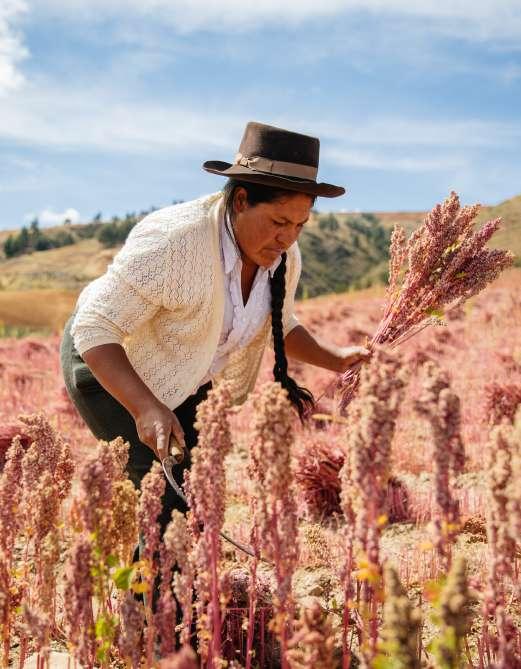
Montefino, until 2017 known as Avelac, is a model farm and training institute for farmers with dairy cattle It’s situated on the roof of the Andes, at an altitude of 3800 meters Initially this social company wanted to help to improve the cattle breeding in Ayacucho Eight years after the start, cattle breeding has been improved and own cheese, yoghurt and other dairy products are produced on site The farm has 49 hectares of cultivated fields and is ran by a collective of 17 local shareholders Beside cows Montefino breeds (guinea) pigs, chickens and trout The farm is experimenting, at this altitude, with new products as bio strawberries, blueberries, all type of flowers (eg roses) and other agricultural products
Farm Montefino became also a training institution for youngsters of our Jovem project, our young entrepreneurs (p 30) Farm Montefino has become a place where visitors, can experience the real Ayacuchan farm life They can participate in daily farm activities, enjoy a local meal, have a chat with the farmers and even stay overnight to escape the busy city life
In 2019, Montefino had the following productivity
164 516 L of milk
88 cows produced enough milk to sell
11 773 kg of cheese
7 821 L of yogurt
Montefino is also proud of it's roses, of which they sold 2613 bundles in 2019 578 kg of strawberries were also produced at this high altitude
All these product then were sold, in one of Solids 3 local shops; at the farm, at the city centre or in the new shop that opened at the airport of Ayacucho
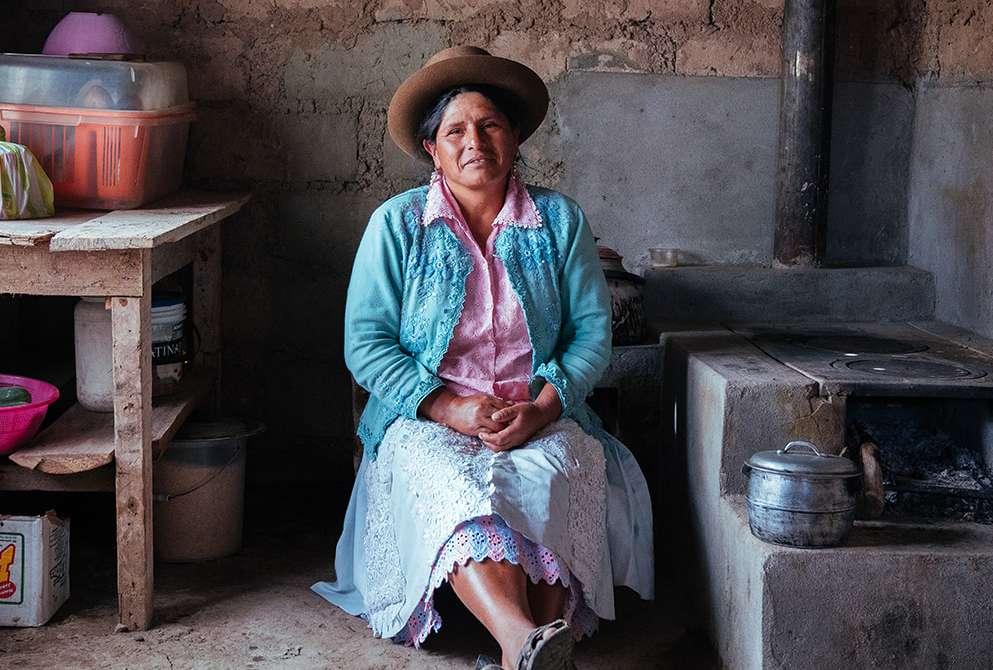
Desarrollo Integral del Adolescente (Dia), translated as ‘Development of adolescents’, is a social organisation which specifically targets the problems surrounding teenage pregnancies & sexual abuse in minors Through different projects, the organisation wants to strengthen the self-reliance and empowerment of these girls, often living in (extreme) poverty
Both in the rural area as in the city, teenage pregnancies still remain a large problem The risks of young girls, and their children, ending up on the streets with no education, poor parenting skills and no vision on the future whatsoever is a problem we at Solid are determined to help tackle Dia focusses on the prevention of teenage pregnancies, on shelter for young girls, victims of sexual violence and strengthening positive parenting skills of young teenage mothers Young parents are encouraged to get an education and help them find the right daycare for their young children
Dia has 3 main strategies to work the multidimensional issue of teenage pregnancies
A. Prevention
Project CDA
Center for Adolescent Development
B Coaching
Project EMMA
Empowerment of adolescent mothers
C. Shelter
Project CAR
Center for Temporary Residential Care
Of teenage girls in Ayacucho are mother are have been pregnant 23%
Of pregnancies in girls aged 12 to 16 are the result of rape 60%
In Peru, every day girls between 10 and 14 years old become mothers 5
In Peru, every day girls are being raped 6
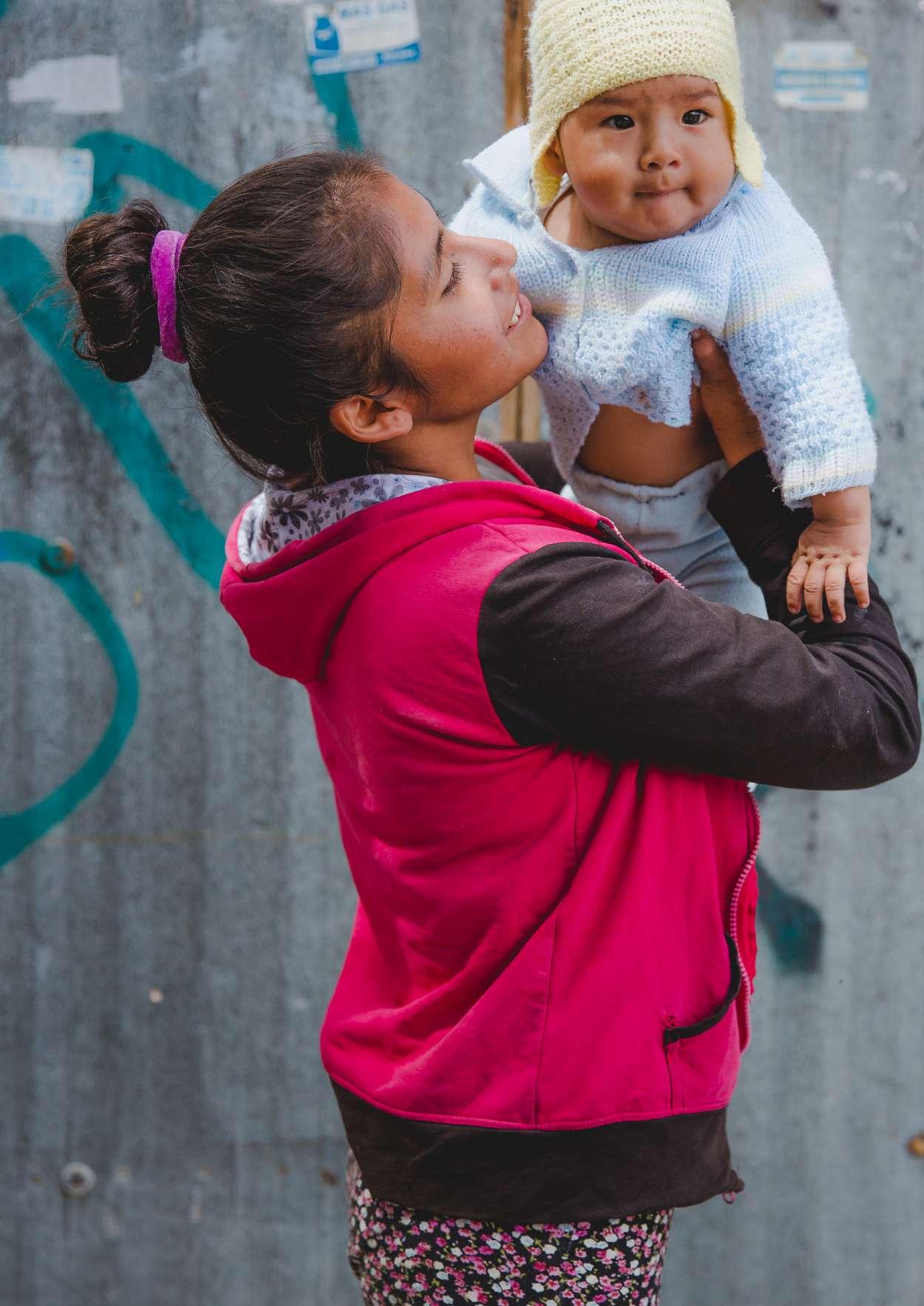
In Peru, even though there are national guidelines for comprehensive sexual education, in most schools and families there is still a big taboo on sexuality and sex-education and it is common to emphasize towards youngsters to avoid sexual relationships before marriage Even when statistics indicate that adolescents begin their sexual relations before the age of 15 In Ayacucho, teenage pregnancies have increased from 146% in 2016 to 168% in 2017 (data national Peruvian institute for statistics 2017) These numbers are above the national average of 134%
The problem is multi-causal, with multiple socio-economic factors CDA, Center for Adolescent Development, believes that an emphasis on a positive school environment, clear sexual education and improved personal skills in youngsters, are part of the solution Interactive workshops, given by the teachers themselves, supported and made by the CDA team, proactively try to target skills and knowledge on themes such as sexuality, violence, emotional well-being, conflict management, etc
CDA also wants to strengthen student leaders to become advocates for change, towards their peers, in the fight against teenage pregnancies CDA organizes different school activities throughout the year, together with student leaders, to strengthen the decision making and creative expression of all students; lectures, art contests, story telling, testimonials, etc
Team: 3,5 Full time equivalent
Reached in 2019:
2
81
High schools Students
2477
Teachers Students
In 2018 Dia worked directly with the student population, hand in hand with their teachers In 2019 the main focus was on teacher-training, multiplying the student target group times 5
High risk situations present in the schools
Unwanted pregnancies (clandestine abortion)
Human trafficking
Abandonment
Of students live alone, because they are migrants and their parents work elsewhere 16.6%
Of students indicate that they begin their sexual lives between the ages of 12 and 15 80.8%
Teachers/tutors handle intervention methodologies after the first year
Teachers know and practice the proposed methodologies with adolescents at the end of the 1st year of intervention
The project aims to work 4 year in these 2 high schools, improving teachers and tutors skills to work on sexeducation, and students well-being
Reduction of adolescent pregnancies in the targeted high schools
In the 2 targeted high schools there has been a reduction in teenage pregnancies, in 2019, the first year of the intervention, of 45% compared to 2018
17 workshops for teachers/tutors
373 individual sessions for students
I do what you can't, and you do what I can't. Together we can do great things.
- Mother Teresa of Calcutta
2019 was a year of a lot of new experiences and challenges, for CDA, as in 2018 they had worked with a smaller population of students and other strategies In 2019 the target group multiplied by 5, which showed the great importance of teamwork, hand in hand with partner institutions The result is there, teenage pregnancies went down by 45%
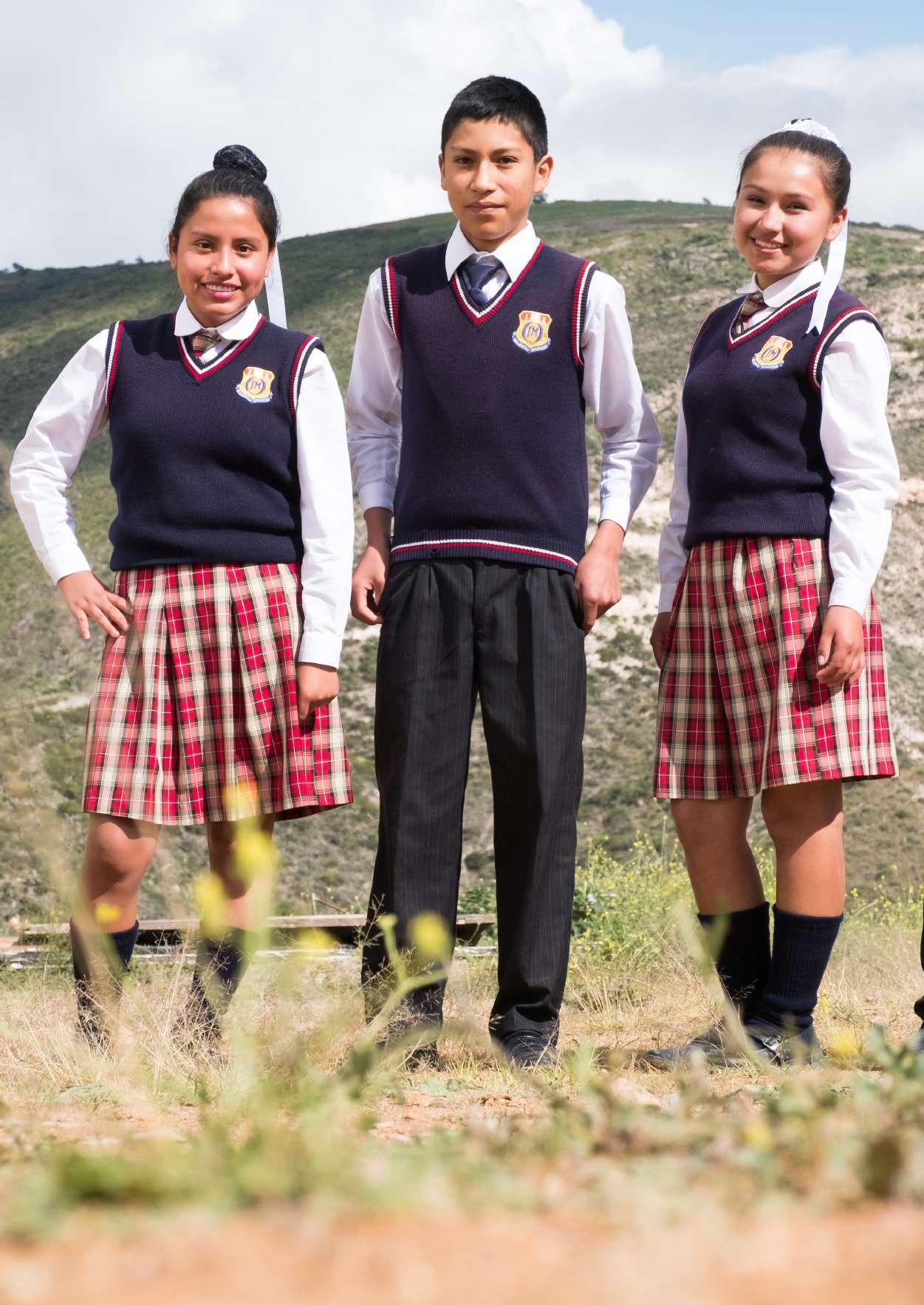
EMMA, stands for 'Empowerment of adolescent mothers' and offers guidance to teenage mothers in Ayacucho, Peru Through almost weekly home visits trained nurses and midwives accompany these young mothers in their pregnancies and after birth, ensuring an adequate development of mother and child
They pay special attention to the personal development and emotional well-being of the mother As many of them live in a situation of violence, often repeated from generation to generation, creating a vicious circle hard to escape EMMA wants to offer better prospects
The number of teenage pregnancy has increased in Ayacucho over the years 2 out of 10 teenagers become pregnant or are already mothers (data national Peruvian institute for statistics 2017) It is important to note that a number of girls and adolescents who become pregnant have been victims of sexual and/or family abuse and violence In addition to this situation, there is also school abandonment and social stigmatization The socio-demographic conditions of these adolescents are not helping: 8 out of 10 adolescents live dependent on a family member, 6 out of 10 do not live with a partner, and if they do, the support is not as it should be Only 2 out of 10 of them continue their studies (according to the socioeconomic file - DIA)
Team: 7 Full time equivalent
The targeted teenage mothers come from a poor background, often living in the outskirts of the city Their ages are ranging from 14 to 21 years old An important criterium is that they are still in high school, or dropped out
The adolescents are identified through the health centers, and are referred to Solid Their participation is voluntary and free of charge
Teenage mothers that benefited from the intervention in 2019
Of teenage mothers live in family violence 40%
Of the teenage mothers dropped out of school* 79%
*with a lack of financial support and childcare and because of social prejudice and discrimination
Of mothers live with their partners, the other 50% live with their fathers or relatives 50% Of teenage mothers come from disruptive families 55%
Individualized sessions
In each of the municipalities of Ayacucho, where EMMA is active, the local team member has an office, next to other health or justice services, improving a coordinated work with different partners When a teenage mother visits the office or during one of the home visits, specific issues (family planning, positive parenting, etc) are addressed
Group workshops
These are group workshops, held in each municipality, in which topics such as life skills, contraceptive methods, art therapy, vaccines, leadership, positive parenting, violence prevention, etc are addressed
Peer workshops
These are developed by teenage mothers who are empowered in their skills, with the aim of encouraging and sharing their experiences with other girls
Working with partners
An intense cooperation with local partners, health centers, schools and justice services is required to guide these young teenage mothers in their day to day challenges
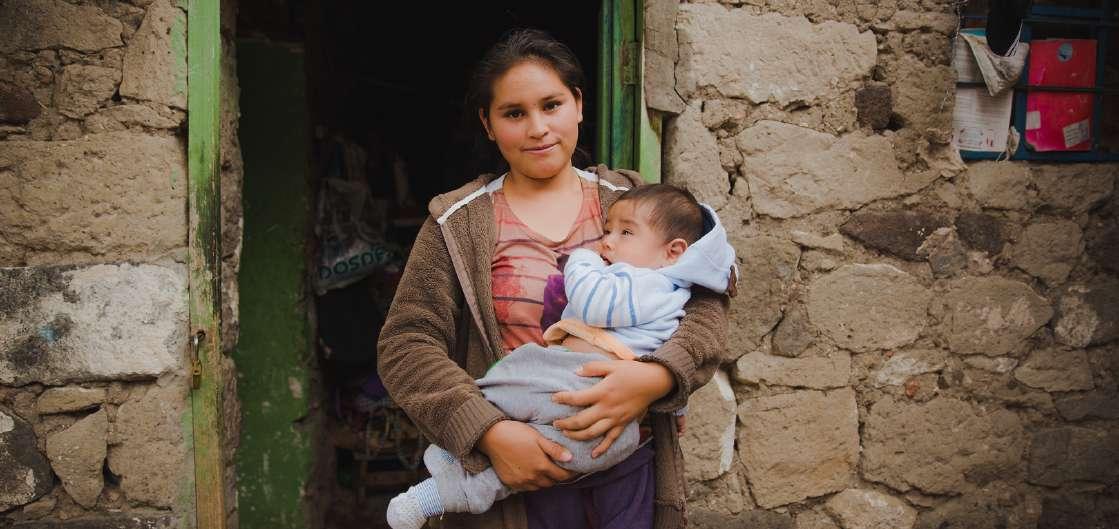
The EMMA project was set up in 2009, and started it's intervention in 2010 After 9 years, it was decided to redefine the project for 2020 Society had changed, with more allies with whom to coordinate work In the middle of the year an internal study of the project was set up, reducing the number of ongoing home visits The impact of 2019's intervention was measured only in a smaller population
Teenage mothers had their prenatal checkups
Uses a contraceptive and prevent a second pregnancy
Continues their studies
2019 has been a year of analysis of the target group, strategies and goals, together with our teens, with the aim of improving and finally achieving the goal that Solid has set itself since its origin: to empower teenage mothers so that they themselves become agents of their own development, seeking their own well-being as mothers and that of their young children
I was 16 when I got pregnant, I was afraid because I didn't know what to do and I had left school out of shame. Then someone of Solid spoke to me and advised me on how to care for my child and continue my studies. Now I am continuing my study on the night shift. And I know I will make it.
- Flora Roxana Moran Saccs

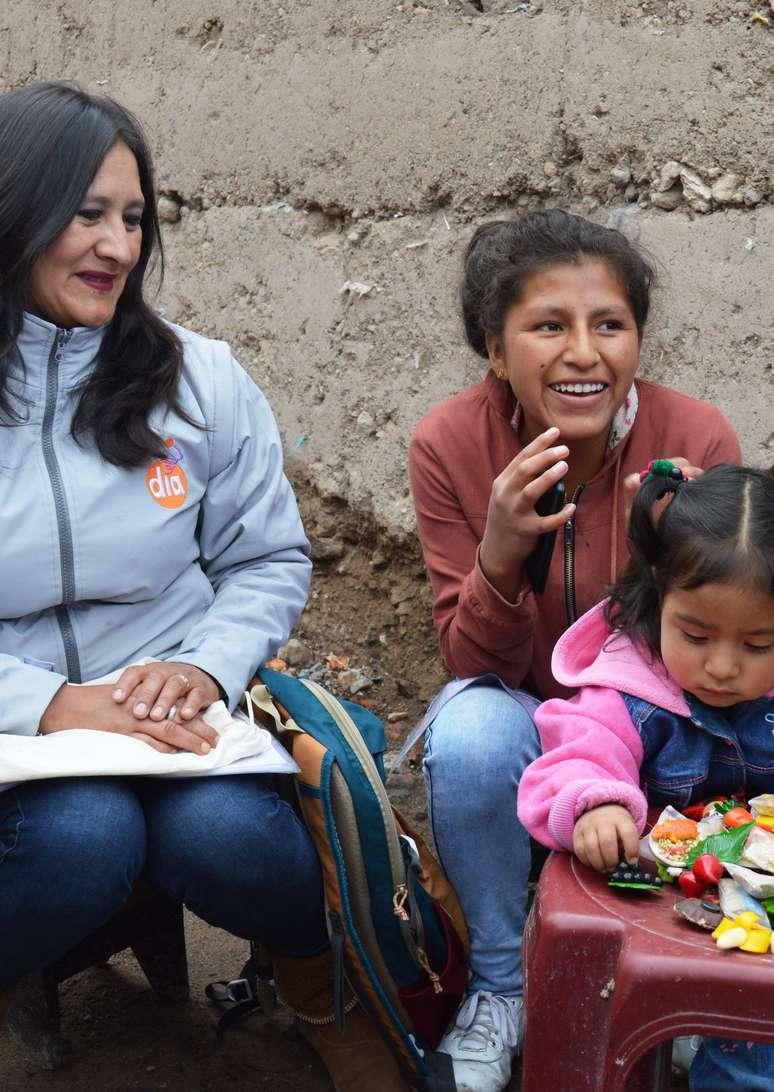
The CAR of Solid is the only temporary Residential Care Center in the Ayacucho region, which attends to adolescent girls & teenage mothers with their minor children, all victims of (sexual) violence These girls and their children are referred to the shelter by the Special Child Protection Unit (UPE) or the Family Courts Most of them stay up to two years to fully recover their trauma and return to a safe home or start an independent life During that time the focus is on strengthening their life skills and emotional well-being
Team: 9 Full time equivalent
The CAR of Solid has the capacity to house 9 female adolescents, and 3 pregnant adolescents or adolescent mothers with their children, affected by sexual and family violence and/or in a presumed state of abandonment
23 teenagers benefited from the shelter in 2019
2 babies stayed with their mothers
Once the teenager is admitted in CAR, she is incorporated in the daily activities, aimed at creating a safe and stimulating environment All girls receive therapy for their emotional recovery
The social worker works with the families, through workshops and individual sessions, on positive parenting This process is still challenging as only 12 families were involved during the year Follow-up home visits are also made to adolescents who have been reintegrated into their families
Social Work
40 home visits
10 group workshops
11 individual sessions
81 conversations with parents
Psychological care
19 adolescents who stayed more than 45 days in the CAR received psychological attention 3 cases required a referral to a Mental Health Center, with issues of drug use and psychiatric problems
In 63% of the cases attended there was progress The sessions help them to face their fears or process their traumas The psychologist in many cases applies psychoeducation, in a playful way When there is a breakthrough, EMDR therapy (Eye Movement Desensitization and Reprocessing) is applied to process the traumas
Use of contraception
75% use a contraceptive method that postpones pregnancy for up to 3 years (in some cases a second pregnancy), mentioning that 100% of teenagers enter without the use of contraception
Education
82% of the teenage girls continued their studies on a regular basis
12% studied in an Alternative Basic Center (weekends)
2 teenage mothers with 17 years of age studied in the second year of secondary school
6 children/adolescents didn't continue their education because they stayed only for days and/or were in their last months of pregnancy
The average delay in studies of the adolescents was 1 year
Parenting skills
100% Of teenage mothers have strengthened their skills in positive parenting
Of teenage girls regain their emotional stability
Psychiatric cases
Reduction of anxiety
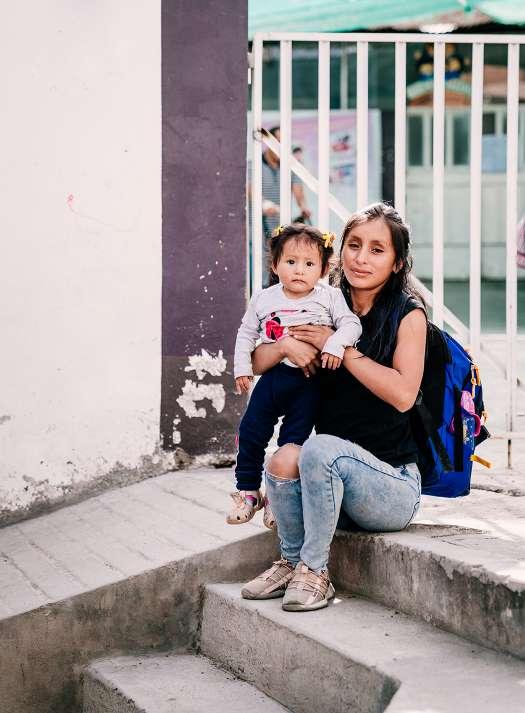
The year 2019 has been one of great challenges Finding solutions to many changes in the team New strategies, have increased the motivation of the team The different therapy activities; labor therapy, recreational activities and restorative circle practices have allowed to keep the adolescents emotionally stable
In 2020 the project will be moving to a new house with spacious rooms and living areas, with a great big garden With the new building, the capacity will extend to 15 adolescents and 3 adolescent mothers This will ask for a strengthened team Also adolescent victims of trafficking, who sometimes need temporary shelter, will be welcomed
Solid Agriculture has two social projects: Familias saludables or 'healthy families' and Jóvenes emprendedores (Jovem) or ' young entrepreneurs'
The Healthy Families Project contributes to improving the living conditions of rural families in conditions of (extreme) poverty, strengthening their capacities in the practice of healthy behaviours, family relationships, the improvement of their housing and the generation of income
Jovem wants to strengthen strengthen entrepreneurial, technical and agricultural skills and personal development of students, in the 4th and 5th year of secondary schools in the rural surroundings of Ayacucho
Jóvenes emprendedores, translated as ‘ young entrepreneurs’ is a 3 year training program for rural students from 4th and 5th grade, to strengthen their entrepreneurial, technical and agricultural skills and personal development This project responds to the problem of the lack of opportunities for young people coming from rural areas Through an integral agricultural and business training Jovem gives them the possibility to become a successful entrepreneur, in order to improve their living conditions
The training takes place every weekend, at "the Montefino farm", a place that has facilities for small and large animals, a variety of crops and flowers, a dairy plant, accommodation and a restaurant Students have a monthly contribution of € 5, which can be paid in cash, with food or labour This small contribution encourages the families and students to value the training and evaluate well their commitment
In it's 4th year of intervention, the Jovem project works with 5 rural schools in 2019: Allpachaka, Satica, Inkaraccay, Chanquil and Manallasacc
In 2019 90 students from 4th and 5th grade of the targeted secondary schools participate in the three levels of training, basic, intermediate and advanced Their ages vary between 15 and 19 years old To be part of the project they go through a thorough selection process : an awareness workshop, application of the interest survey, personal interview and evaluation by a teacher
The program has grown a lot since the start in 2016, with only 23 students in the first year This growth asks for adapted infrastructure In 2019 the construction of a new auditorium with overnight possibilities for the students at the farm started with the help of many important partners
Thanks to the project Jovem I've learned to be more responsible I used to enjoy breeding pigs, but I didn't care about making profit or loss
Now I know how to do my calculations. I'm happy to be part of this project. Thanks to coaches Jose and Rosa I am much more confident and I can talk to them about my personal life. They listen to me and help me stay on track
- Arturo Arango Cuba (Allpachaka)
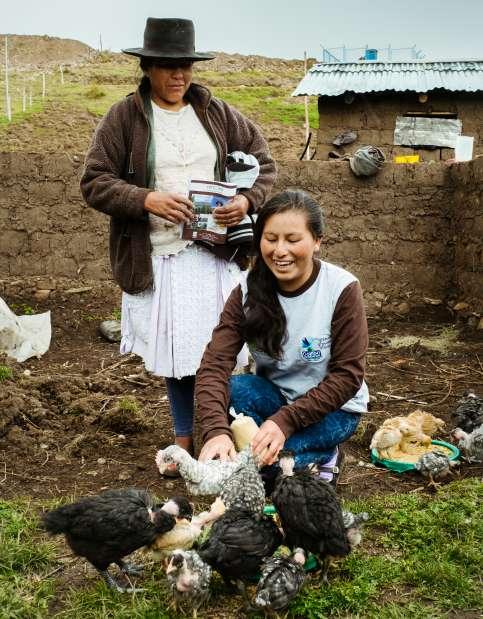
Most of the Jovem students parents are farmers and work over 40 hours a week, earning on average € 80 a month
Most parents have cows or crops, just as their parents did, as well as other families in their community There is little innovation, little use of technology and there is a lack of knowledge on sustainable farming They earn little despite the investment of a lot of labour time Preparing one meal per day for 4 people on average costs € 5 and if it is 3 meals a day a family needs around € 15 a day to cover the food for one day Families earn an average of € 2,5 a day With which they face their needs of food, health and others This is reflected in the health indicators where children under 5 years suffer from malnutrition and anemia
The Jovem students learn innovative ways of agriculture and entrepreneurship Earning on average € 100 a month, with their venture, investing 8 hours a week of labour This gives them the opportunity to combine their high school studies with 1 or 2 other ventures, converting them into family businesses
11 students left the training
54 Students finish the Basic level and pass on to the Intermediate level
In the Basic level student get a total of 265 hours of practical classes in agricultural techniques, business management and personal development The also get 320 hours of follow up, working on their group business or applying classes at home The goal of the first year of training is the implementation of two group businesses This year students choose to implement a chicken farm & the production of jam
In the Intermediate level there is an even bigger focus on the application of skills, with 96 hours of classes in business management and personal development The application of agricultural techniques are strengthened during 300 hours of follow up, during home visits The goal of the second year of training is the implementation of a personal business 12 students have their business plan approved and set up their individual business
Breeding chickens for fattening (2)
Production of organic eggs (3)
Greenhouse strawberries (1)
Bakery (1)
Hog fattening (2)
Guinea pig (2)
Quinoa production (1)
11 students, who started in 2016 or 2017, received coaching, in the advanced level 10 of them, continued throughout the year
4 students left the training
17
Students finish the Intermediate level and pass on to the Advanced level
In 2019, 90 young people have participated in training at all three levels: basic, intermediate and advanced 53 young people have completed the basic level 17 have completed the intermediate level 4 have completed the advanced level
Students showed big changes in their personal performance, are more communicative and relate better Parents and teachers are an important partner for the project Parents learn to trust their children and supported their initiatives Teachers and directors understood that young people can assume commitments with responsibility
By participating in Jovem I learned to trust myself and take on challenges... now I have my own business.
- Luz Bertha of Inkaraccay
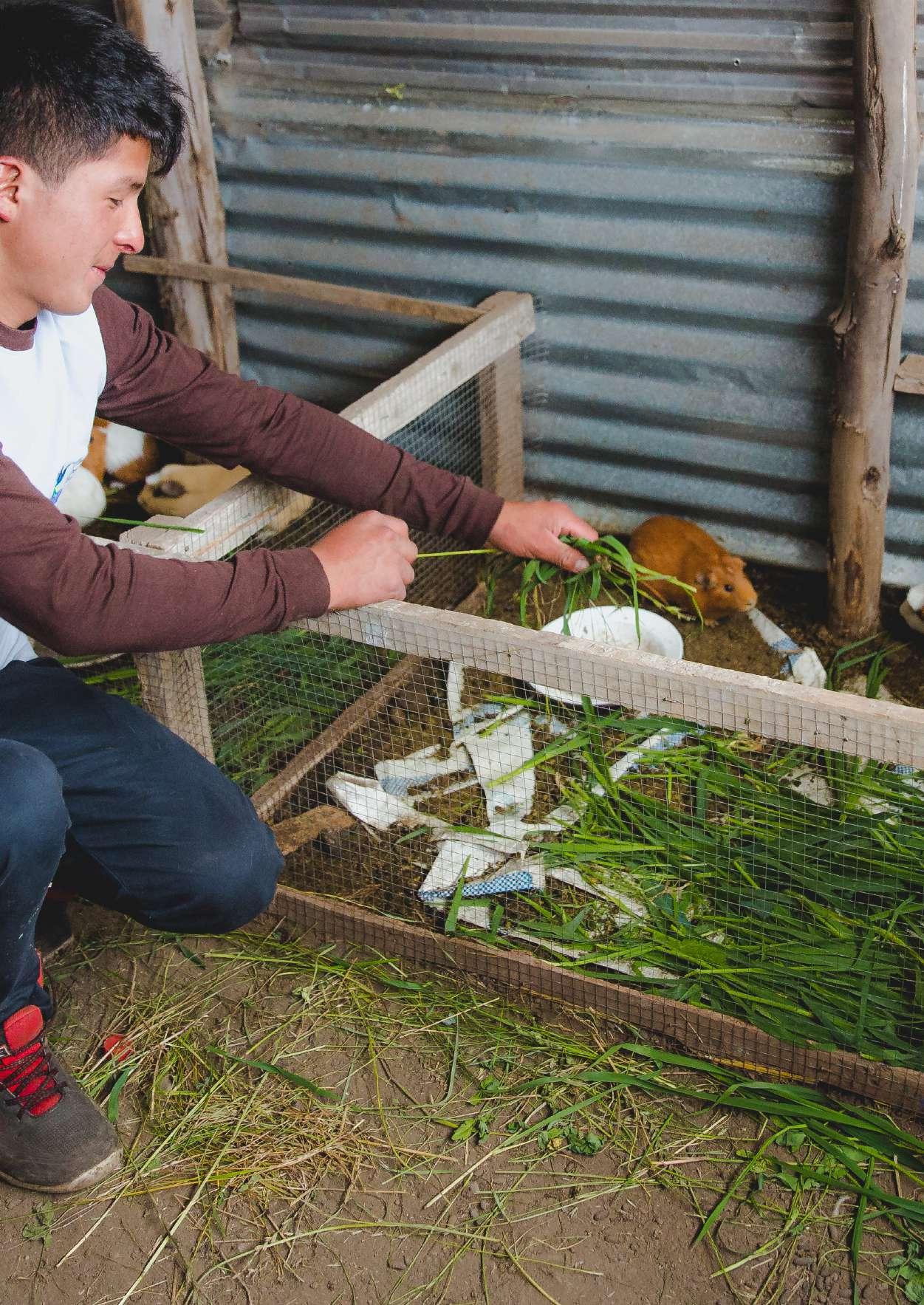
Familias saludables or the Healthy Families Project contributes to improving the living conditions of rural families in conditions of (extreme) poverty, strengthening their capacities in the practice of healthy behaviours, family relationships, the improvement of their housing and the generation of income
During the 1 year intervention the team reaches out to 100 families, that subscribe voluntarily after receiving information about the program The program wants to maintain it's non-assistencialist vision throughout all of it's activities Solid believes that instead of donating, asking families to make a small contribution to the goals they want to achieve, brings so much more ownership in the changes made And that's what many partner organisations find remarkable, that it works, motivates and make families value the changes they themselves made
Team:
2Fulltime equivalent
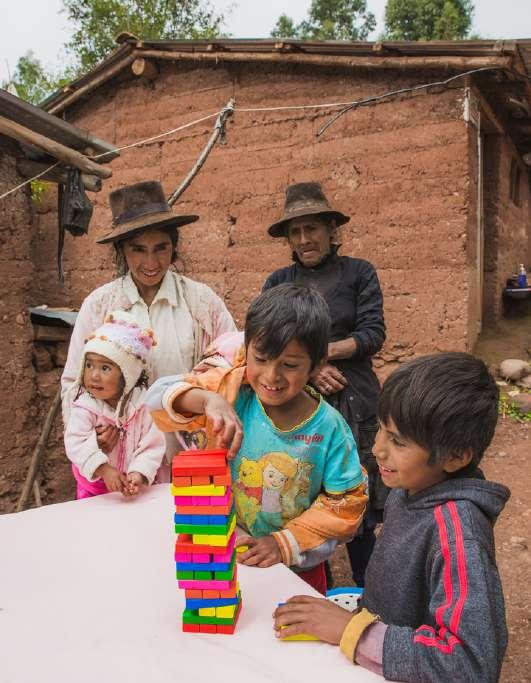
Health situation
24% of families have children under three years of age with anemia and 10% with malnutrition Infectious diseases such as diarrhea, parasites and typhoid are the ones that make children and adults sickest due to the lack of basic services and inadequate healthy practices
Access to basic services (water, drainage and electricity)
Only 50% of the families have access to drinking water with home installation None of the families is connected to drainage services, all have latrines 100% have access to electricity
Monthly income
The average monthly income of a family is € 80 - € 100 per person, obtained from the husband's work as a day labourer, from the wife's work in embroidery and from other members who contribute to the family's basic basket and from self-consumption agriculture Families need € 3,5 a day to satisfy their basic needs
We work with the families on 'healthy behaviours', the implementation of basic housing technologies and 'healthy relationships' through
Home visits
A non-assistancialist approach
School & community visits
Use of fun tools
Entrepreneurship
The program started in July 2019 with 100 new families
Below the results achieved after 6 months of intervention
The full program will take 18 months to complete
Healthy behaviours
28 families have an improved diet compared to 5 families at the beginning of the intervention in July 2019
Recycling
21 families recycle and properly dispose of waste compared to 8 at the beginning of the intervention
Safe water
42 families consume safe water compared to 12 at the beginning of the intervention
Personal hygiene
22 families practice adequate personal hygiene compared to 5 families at the beginning of the intervention
Healthy family relationships
8 families show improved communication between parents and between parents and children
5 families know and manage their emotions better
5 families know and solve their problems better
10 families have improved their self-esteem
Basic housing technologies
The project strives to improve the living conditions of families by helping them to make small changes, using local materials We started this project in July 2019 in a particularly poor region where implementing a kitchen was much more difficult due to a lack of financial resources, even more then in other regions we worked with before
Improved cooking stove
Laundry place
Garbage system
Vegetable garden
Kitchen table
Study area
Outdoor toilet
2019 has been a year of evaluating the Soccos intervention zone, where families are generally poor families absorbed by conformism Therefore the intervention process required more work and the use of tools that moved families to make changes in their lives and homes
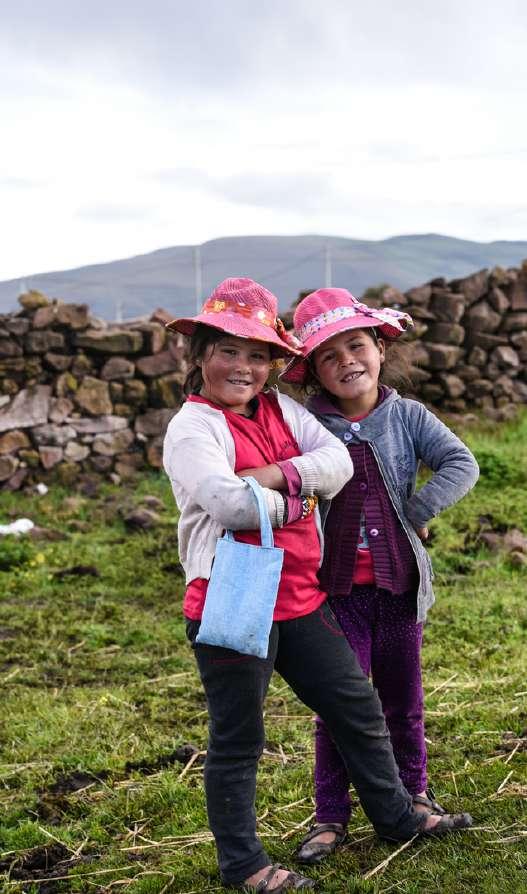
8 families have improved income generation through the implementation of guinea pig breeding, chicken breeding or bee hives Women, supported by their children, are the ones making most out of these new opportunities
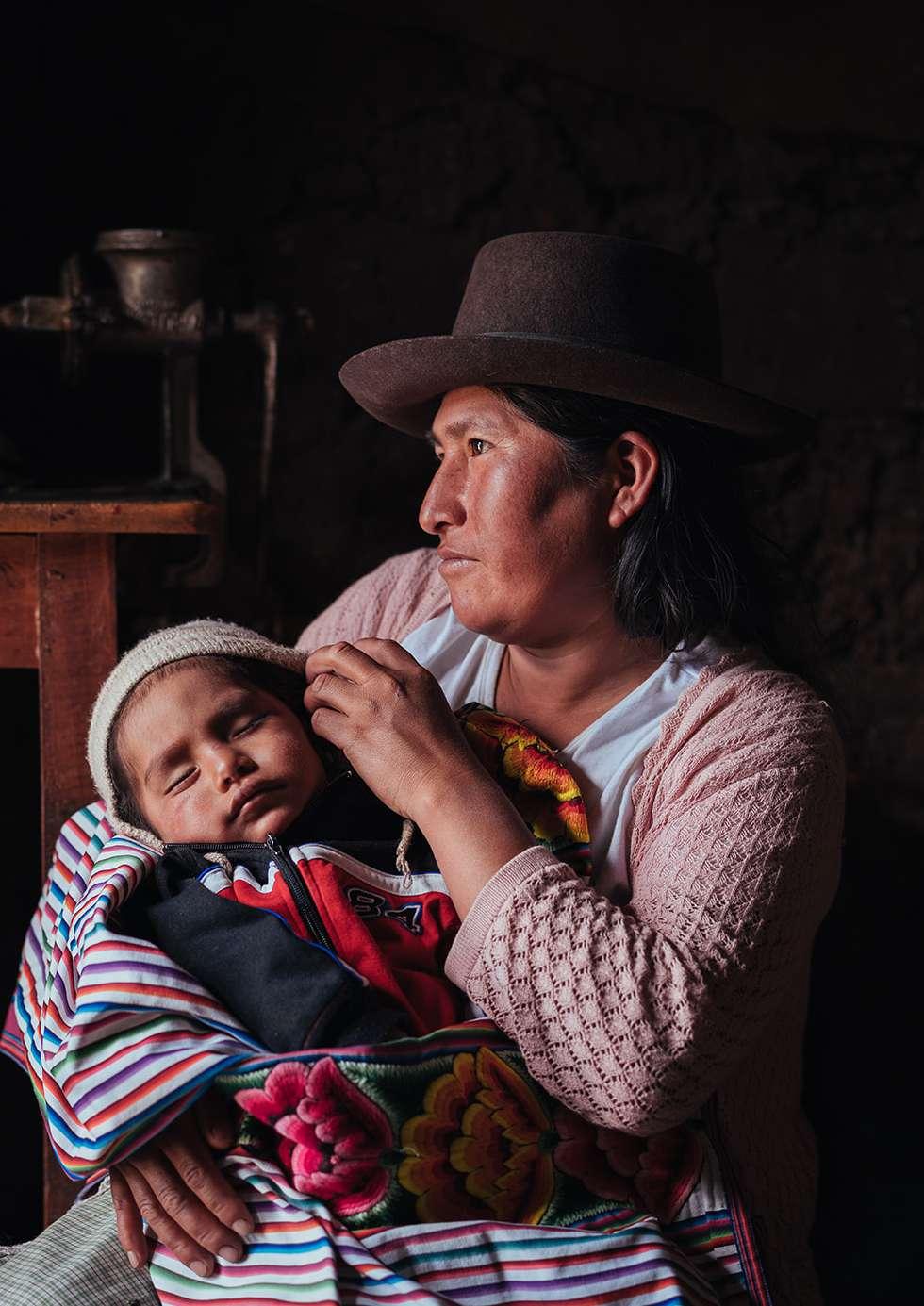
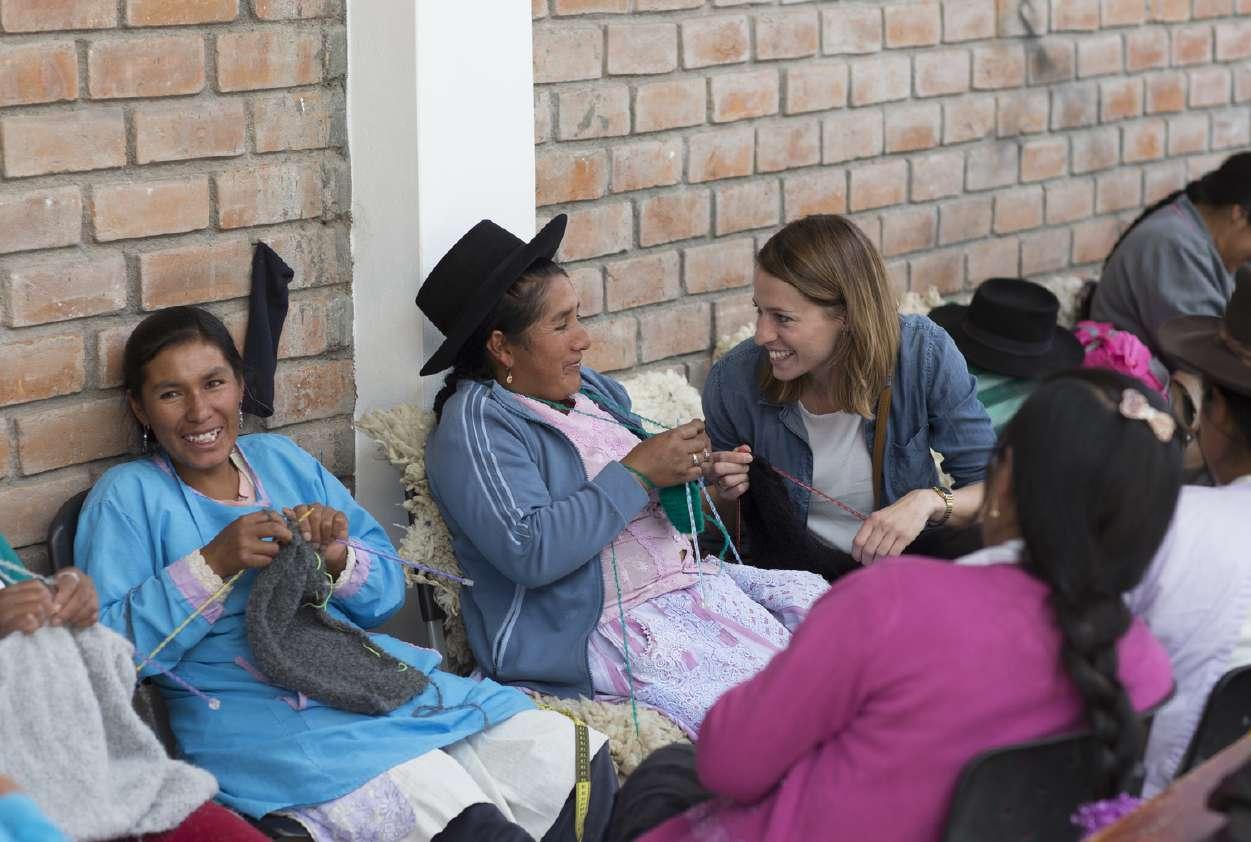
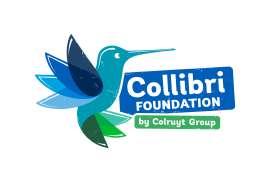





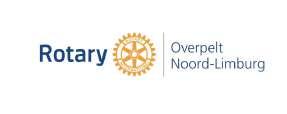
Stichting Huize Buitenveldert
Bezemer NV

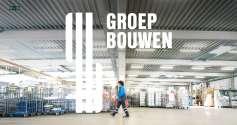
Gabriëlla Moortgat Stichting
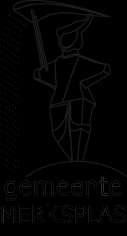
With support from the Collibri Fund, BRIGHT fund and Business Partnership Facility, managed by the King Baudouin Foundation Also thanks to the many private sponsors making a contribution to Solid


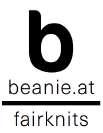

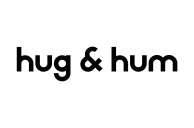

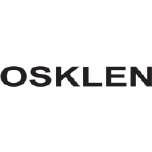
Clients Solid Food

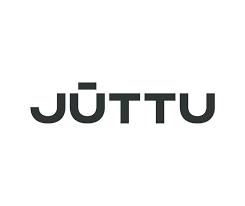





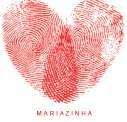




Shops and selling points where Solid Crafts ready made fashion and / or interior products are sold.
Amabile conceptstore
Axco
Bee by bill
Bohome Vintage
Bramigk & Breer
Castart
Couleur Locale
Country House
De Bus
De Kinderplaneet
DF Shop
Duka Moodstore
Ensemble
Escape
Frankly
Gero Wonen
Goldfish
Goûts et Couleurs
Gruun
Haarlem House
Harmony
Harvest Club
Ilo
Just Hazel
Juttu
Kleiner Kaktus
L’Amuzette
Le MuZée de L'Amuzette
Let's Create
Little Green stories
Lots of Lili
Madame Panier
Mamuli
Mini Markt
Mira
Monique Stam
Nathalie Vleeschouwer & Fragile
Objet Trouvé
Paulette in t stad
Plek
Renée
Rewind
Schwesterherz
Soshun

't Labo
The Golden House
The Wanderful Tutamanta
Unterhaltung Lieblingsstuecke
Wannzinnig gedroomd!
Wildernis
Winkel van Sinkel
5.1 5.2 5.3 Donate Volunteer Many helping hands
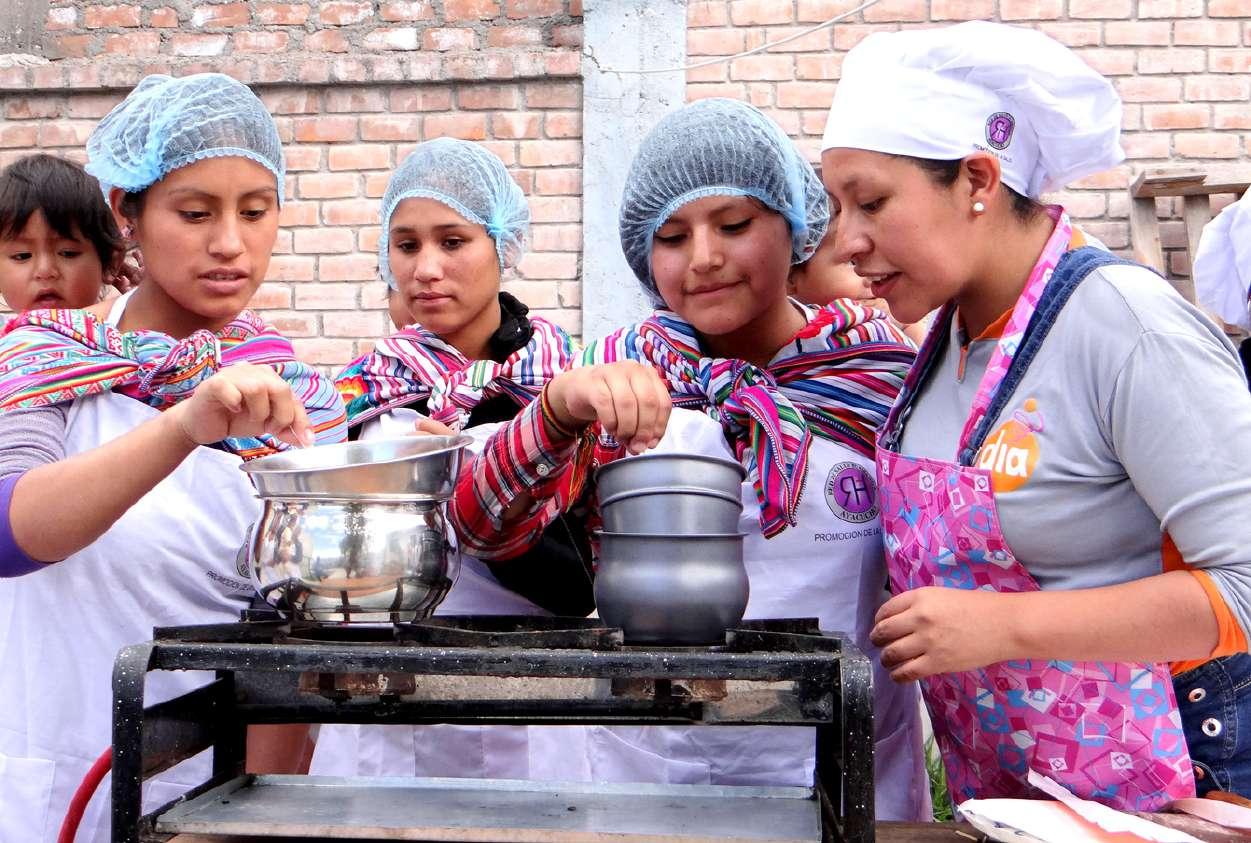
Private donation
Solid guarantees your gift will be spent 100% on our projects Solid covers all the overhead costs in Belgium Professional follow-up of each of our projects is secured
More information: https://solidinternationalbe/support or mail to Inge Overmeer: inge@solidinternationalbe
Koning Boudewijnstichting Brederodestraat 21
B-1000 Brussel
Bankaccount: IBAN: BE10 0000 0000 0404
BIC: BPOTBEB1
0415580365 RPR Brussel
BTW : BE0415580365
Reference to use: ***020/1130/00015***
Donations in 2020 for 60% tax deductible
At Solid we dedicate ourselves every day to help others, but that is only possible thanks to your financial support The government is therefore stimulating generosity by increasing the tax credit for donations in 2020 from 45% to 60% This is a great thing!
Support us with € 40 or more and enjoy this exceptional tax benefit! Every donation makes a difference, now more than ever
Always dreamed of helping a hand in an international organisation, striving to do something about poverty? Do you speak Spanish and/or English and do you have experience in management, agriculture, textile, education, psychology or social work? Some free time to help our Belgian team or interested to work as a volunteer (6 months – 1 year) abroad or do you have a thesis subject linked to one of our working fields?
Fill in the form on our website and we will contact you as soon as possible: https://solidinternationalbe/volunteers
Alone we can do so little, together we can do so much.
- Helen Keller -
Another year, where we made so much more possible thanks to the help of many helping hands
Bob Lux
Chris Claeys
Dave Sneyders
Ingrid Willems
Iris de Herdt
Isa Fernandez Perez
Jan Sysmans
Kris Nelen
Leen van Hees
Lisa Meganck
Andre Rubens
Claire Dewberry
Nour Besson
Loïc Puylaert
Lotte Vijverman
Louise Hannecart
Margot Vandorpe
Pauline Vilain
Ronja Kösters
Sunniva Midtskogen
Tinne Mandonx
Véronique De Pauw
Agnes Cauwenbergh
Andre Peeters
Anne Thysens
Christine Léonard
Jolien Pardon
Karel Claes
Leo Ghysels
Lisette Moriau
and many more
Mariet Defrancq
Manu Brehmen
Patricia Silverans
Ria Janssen
Rita Deconinck
Roger Portauw
Shamina Van der Vurst
Tamsin Geddes
Not only was I very proud to be part of Solid for a short term, it was great to experience the world of a social business that is creating sustainable impact in a region still very much in poverty. But most of all, I was impressed by the daily dedication of the team to create opportunities for the region
- Louise Hannecart -
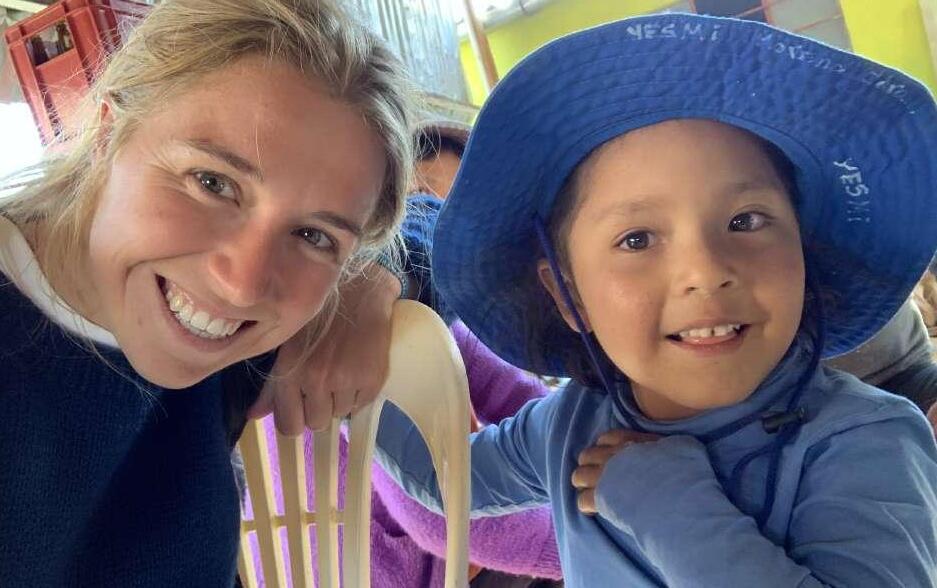

Designed by:
Joëlle Heirbaut
The numbers presented in the graphs are approximations
wwwsolidinternationalbe
Follow us on Instagram: @solidcrafts and @solidinternational Facebook: @solidbombyx
Responsible publisher: Solid vzw, Kortrijksesteenweg 697, 9000 Ghent (Belgium) - communications@solidinternationalbe